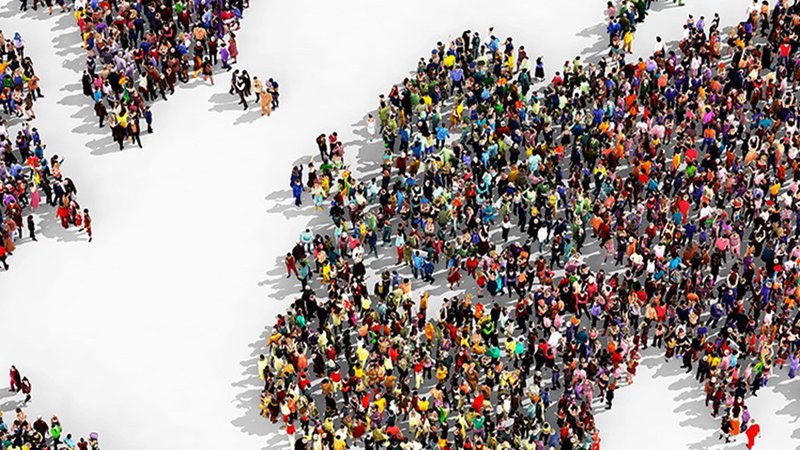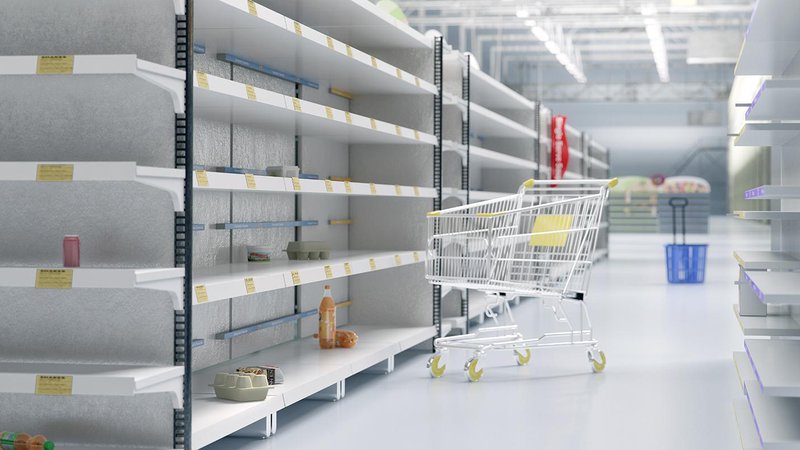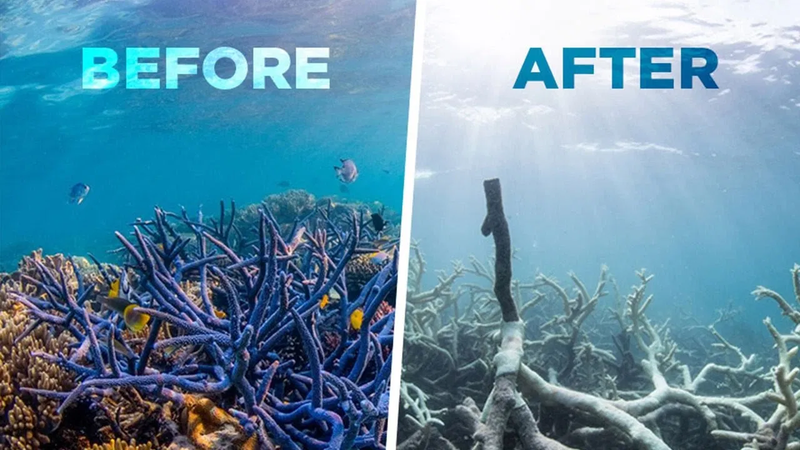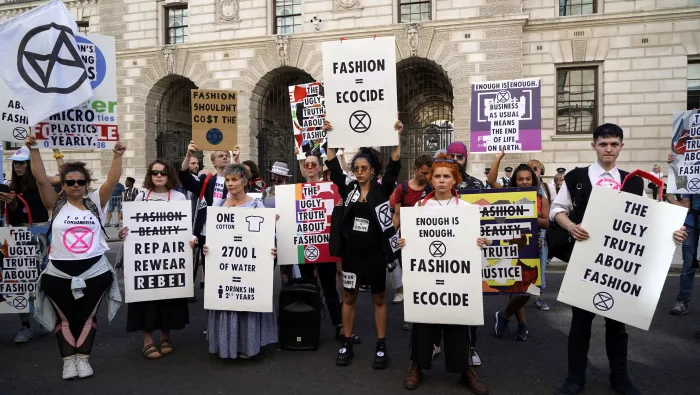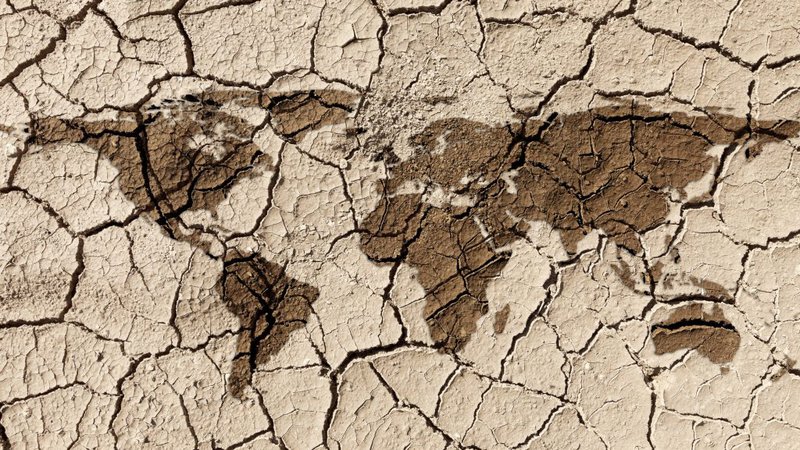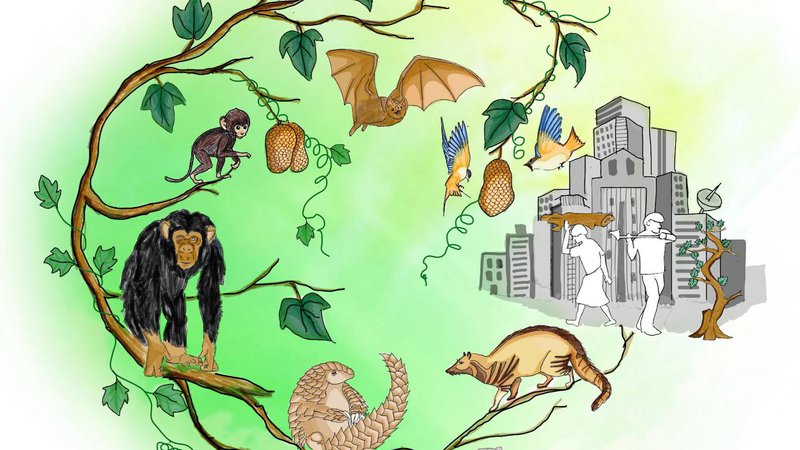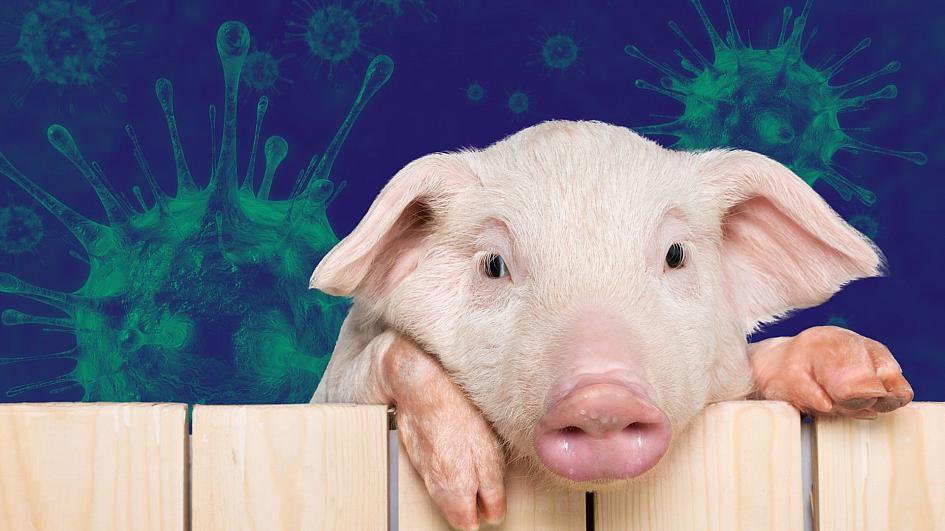
The importance of plant-based diets
Plant-based diets are important for human health, animal rights, and planetary health. Scientists and the medical community have reported that plant-based diets are best for human health because they are heavy in whole grains, fruits, and vegetables and the consumption of overly processed foods decreases. Animal agriculture is also pointed to as the main cause of pandemics and antibiotic resistant infections.
Plant-based diets are considered the most humane because the conditions for animals living on factory farms are nothing short of torture, and plant-based diets do not harm planetary health.
Animal agriculture:
* requires deforestation for grazing and growing animal-feed
* results in biodiversity loss
* emits high levels of greenhouse gases
* relies on excessive use of freshwater
A round-up of the headlines below:
EuroNews, "Plant-based diets could prevent a future pandemic say doctors"
Consultant Haematologist and Director of Plant-Based Health Professionals UK, Doctor Shireen Kassam believes there is an “urgent need” to reduce our meat consumption for both human and planetary health.
“More than 90 per cent of the meat we consume is produced in industrial scale factory farms, which provide the perfect conditions for the generation of novel infections with epidemic and pandemic potential.” Factory farming also requires the widespread use of antibiotics, he adds, which has contributed to “a dramatic rise in the number of antibiotic-resistant infections affecting humans.”
Inside Climate News, "Can a Climate Conscious Diet Include Meat or Dairy?"
"So many countries are dealing with under-nourishment. They're going to have to increase food consumption, and accordingly their carbon footprints are going to have to go up," said Keeve Nachman, director of the Food Production and Public Health Program at Johns Hopkins' Center for a Livable Future and one of the report's authors. "We have a responsibility as a global community to make sure they have enough food. What that means is that high-income countries that typically consume more animal products are going to have to more rapidly consider some of these plant-forward dietary shifts."
The Guardian, "US rivers and lakes are shrinking for a surprising reason: cows"
“My income, my life, requires a reliable water resource,” he said. But since moving to northern Colorado two decades ago, the Colorado River has shrunk by an average of 20% compared to last century. Climatic conditions are one culprit – the area is suffering the worst regional dry spell on record. But there’s another big problem.
Cows.
A recent analysis published in Nature found cattle to be one of the major drivers of water shortages. Notably, it is because of water used to grow crops that are fed to cows such as alfalfa and hay. Across the US, cattle-feed crops, which end up as beef and dairy products, account for 23% of all water consumption, according to the report. In the Colorado River Basin, it is over half."
PETA, "Vegan Diets: Healthy and Humane"
"Nearly all the animals raised for food in America today spend their lives on factory farms. These animals, who feel pain and fear just as the dogs and cats who share our homes do, are separated from their families and crammed by the thousands into filthy warehouses. They are mutilated without the use of painkillers and deprived of everything that is natural and important to them—they won’t be permitted to see the sun or breathe fresh air until the day when they are forced onto trucks bound for the slaughterhouse. On the killing floor, many animals are completely conscious and struggling to escape while their throats are cut—and some are still conscious while their bodies are hacked apart or when they are dunked into tanks of scalding-hot water."
UN News, "Every bite of burger boosts harmful greenhouse gases: UN Environment Agency"
"According to the World Economic Forum, the beef and dairy industry is responsible for more greenhouse gas emissions than the world’s biggest oil companies, with the combined emissions of the top meat and dairy companies exceeding those of highly industrialized nations such as Germany or the UK.
Despite this fact, the global meat industry continues to grow, with the Food and Agriculture Organization (FAO) predicting a 76 per cent in global meat consumption by 2050: more meat will be eaten than ever before in our history."
Related Stories:
Featured:
-
Stop the Fossil Fuel Industry, Now: List of events for Extinction Rebellion Boston's September week of rebellion
-
A compilation of books, movies, articles, and ways to take action to protect Black lives
-
Nadia Colburn, PhD and member of Extinction Rebellion Media team, discusses how to talk about the climate and ecological crisis with family and friends.
Upcoming Events:
-
Tue Apr 16th @ 5 p.m.
-
Sat Apr 20th @ 2 p.m.
-
Sun Apr 21st @ 2 p.m.
